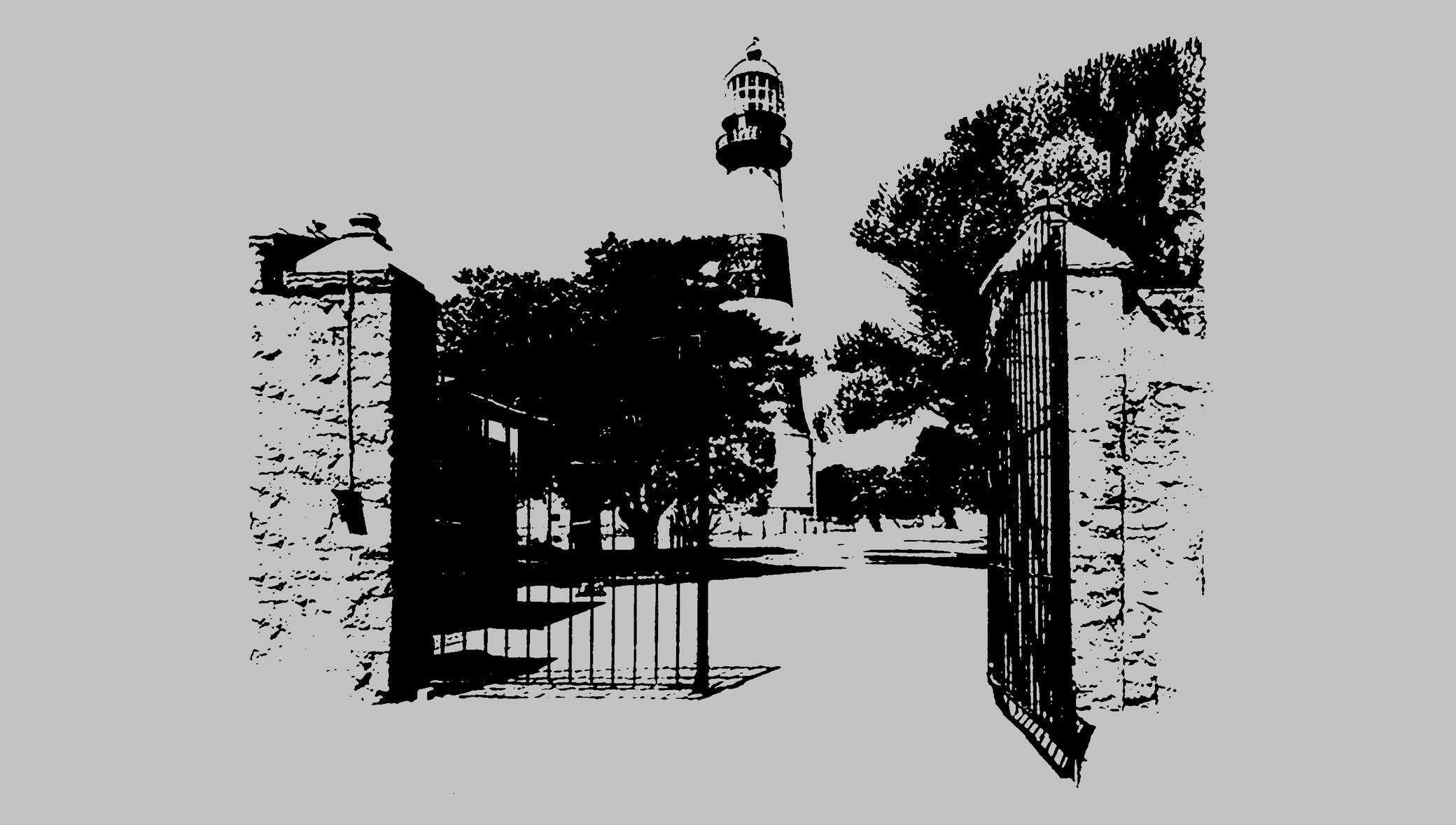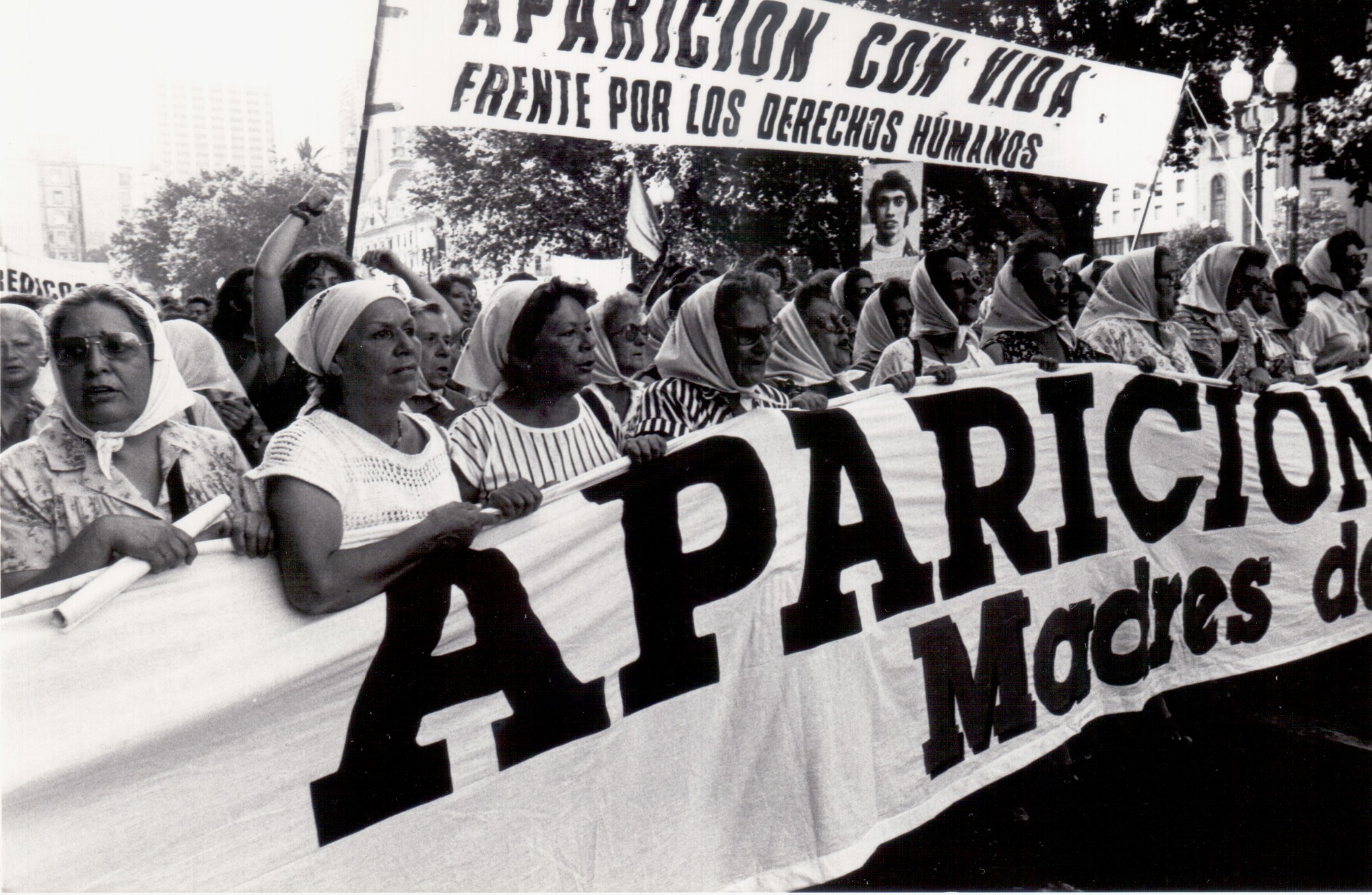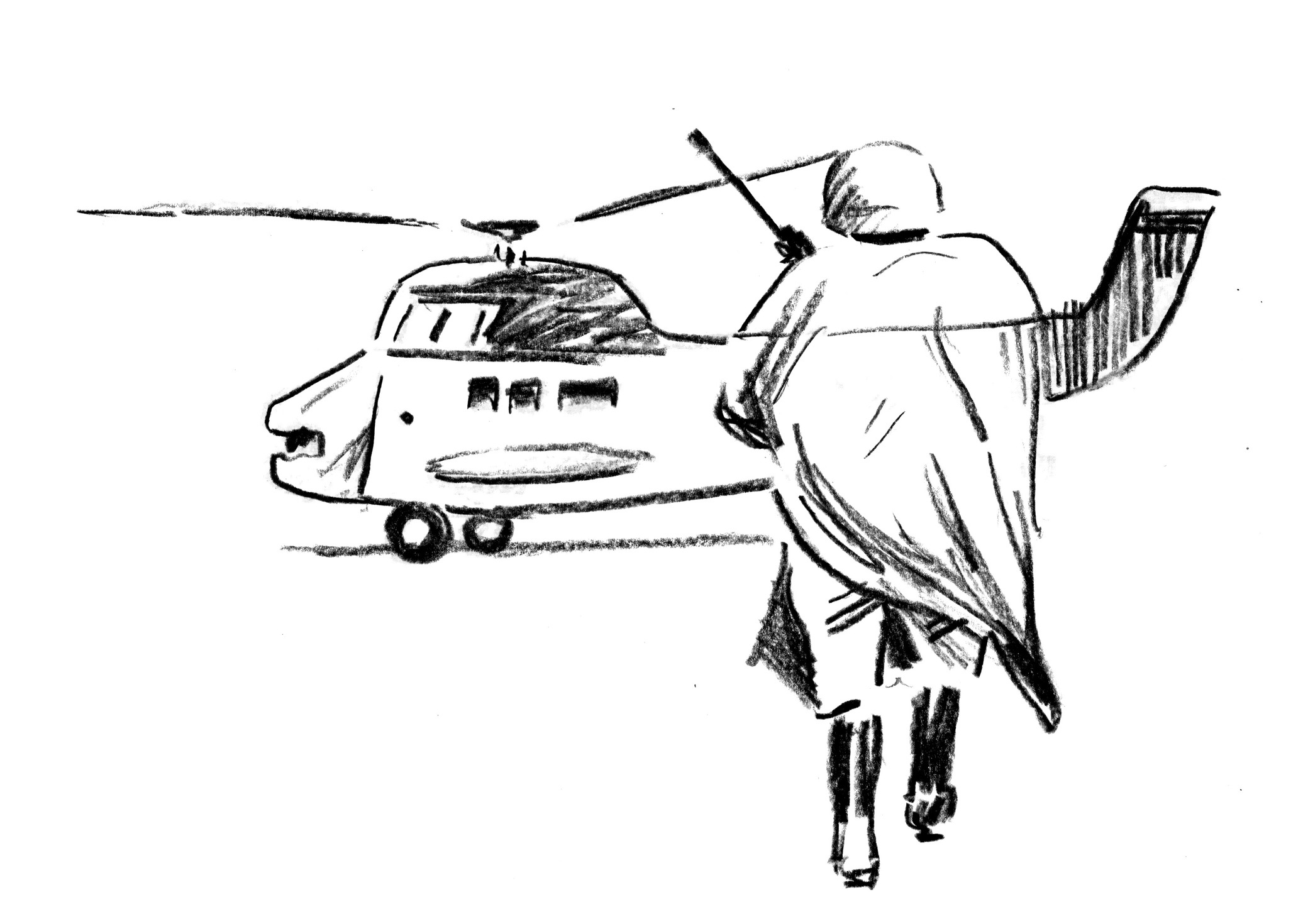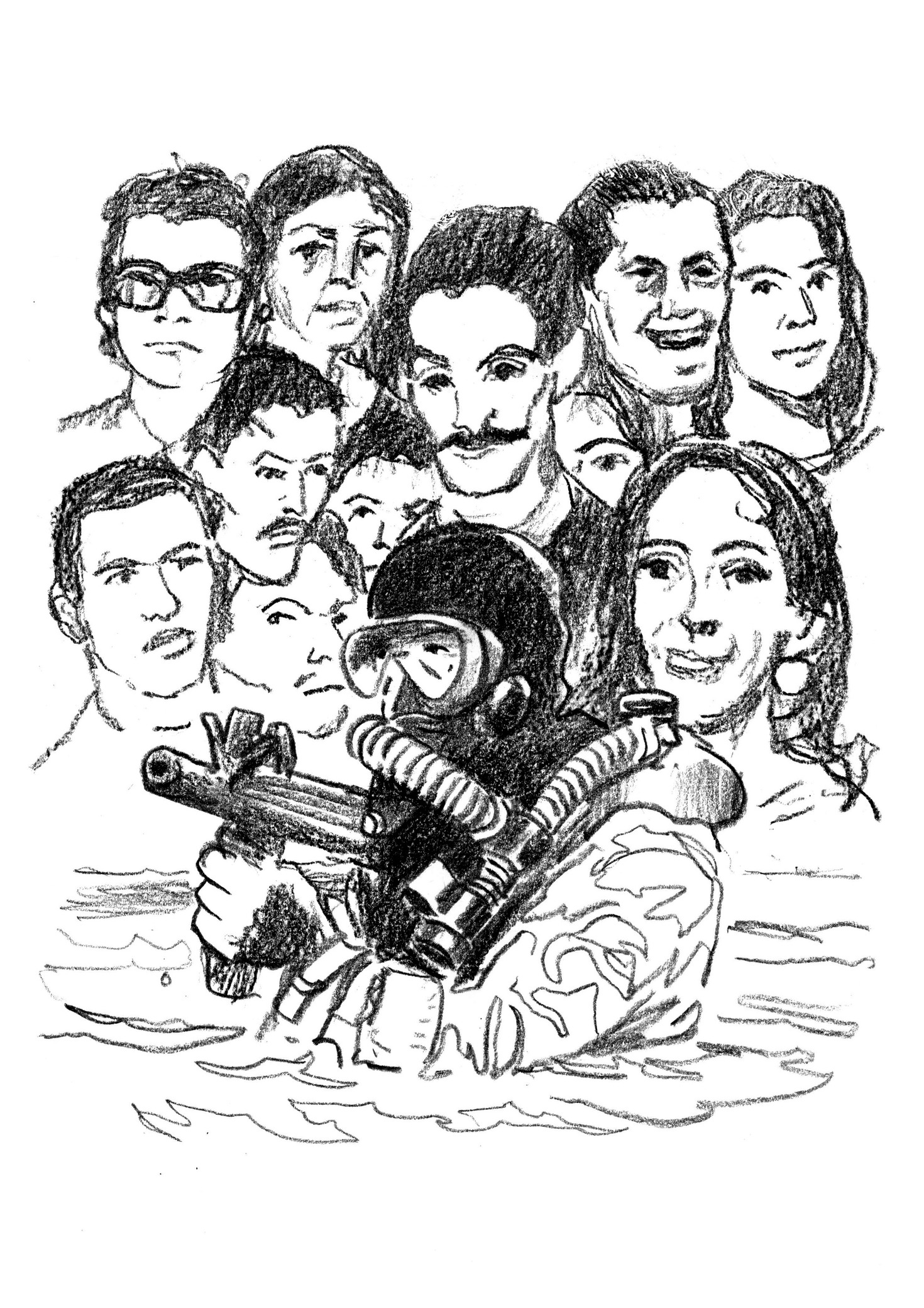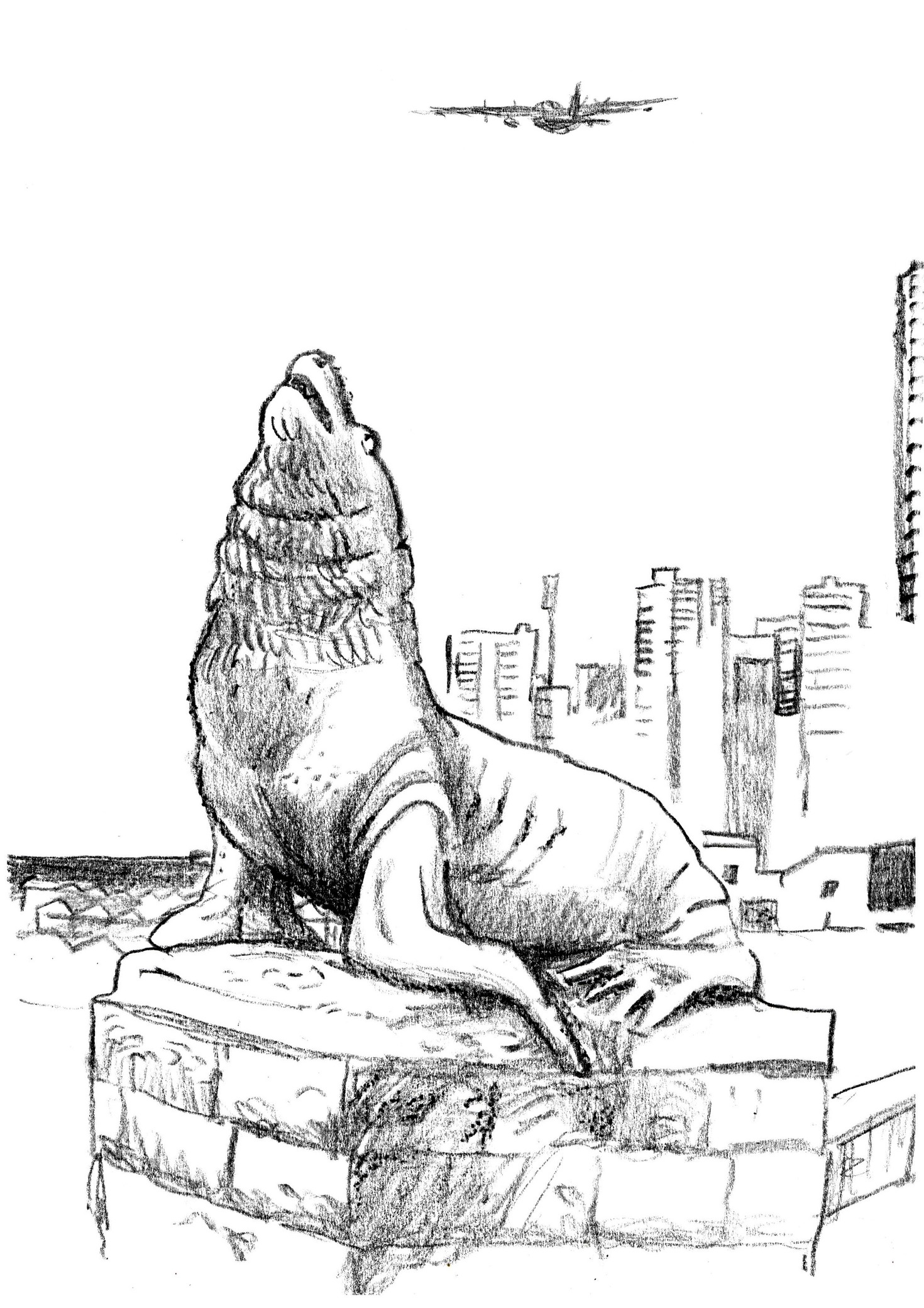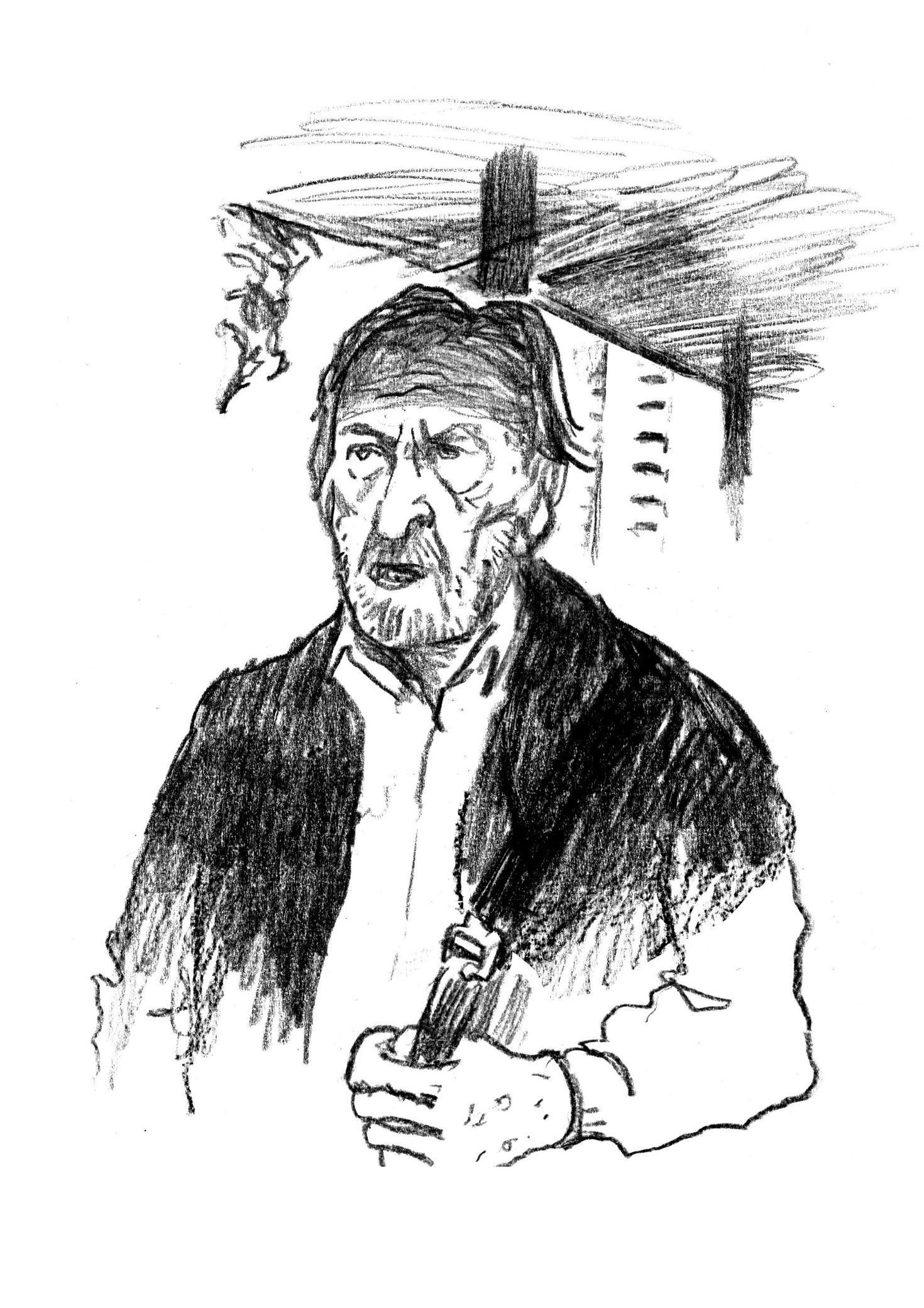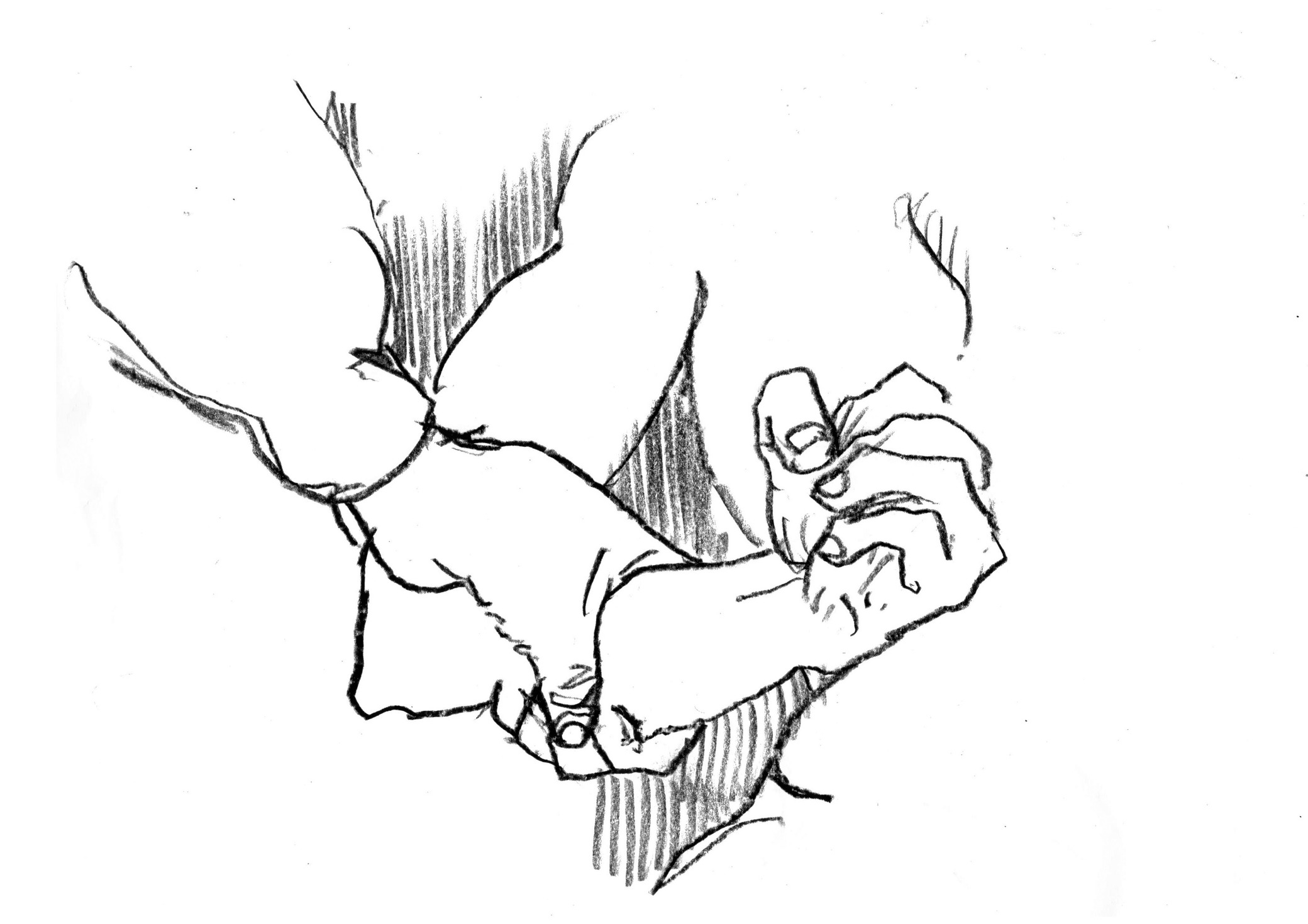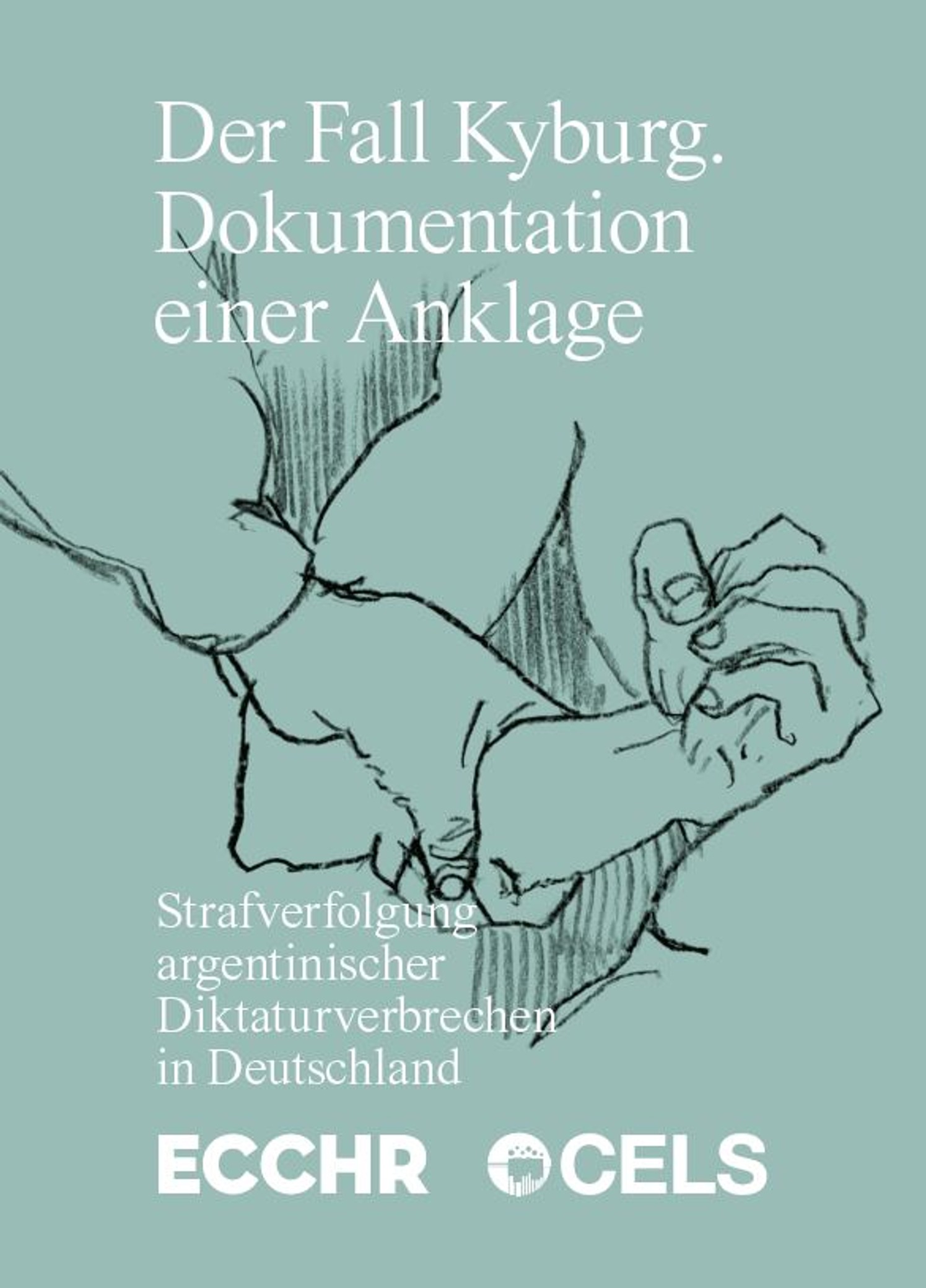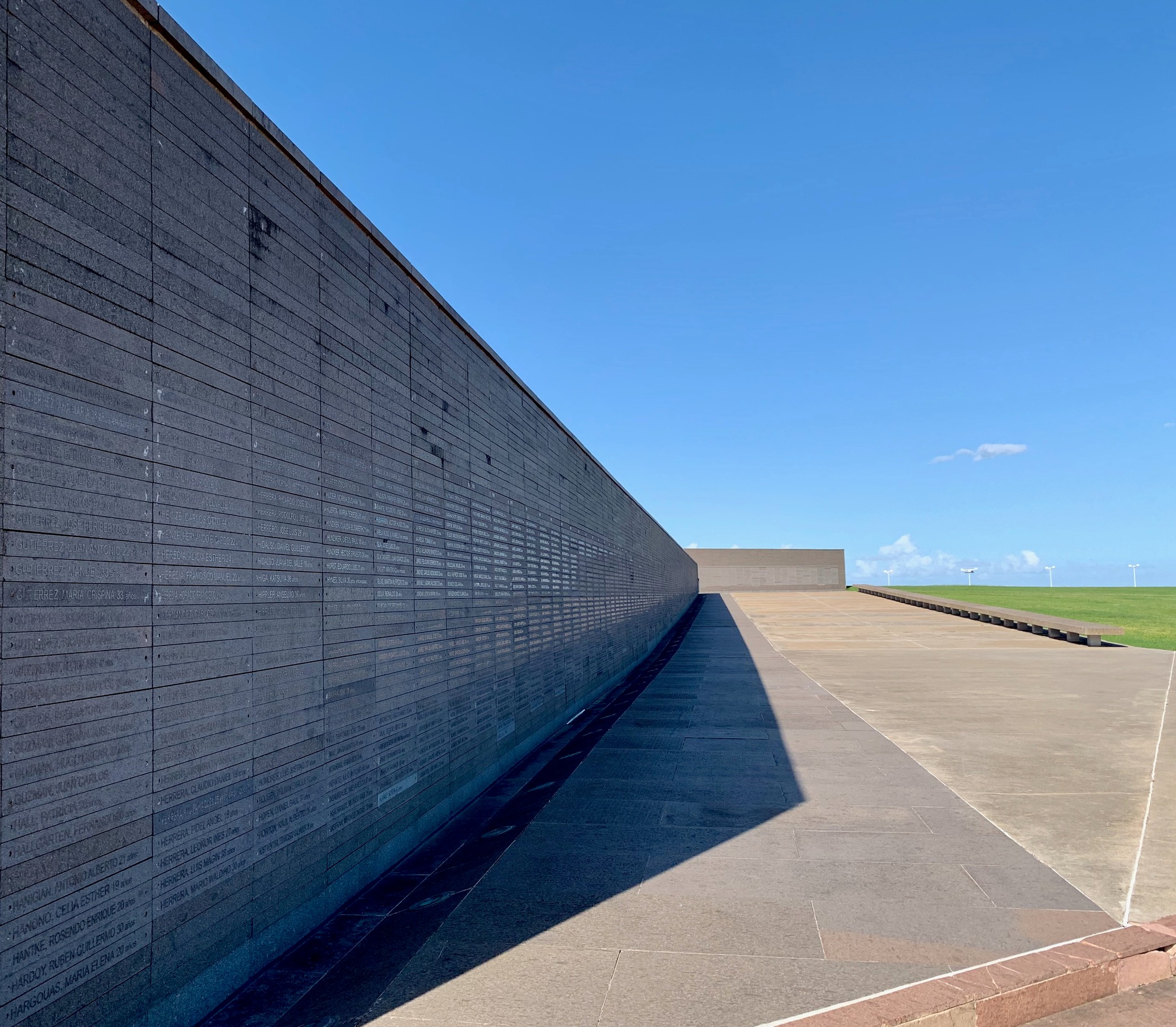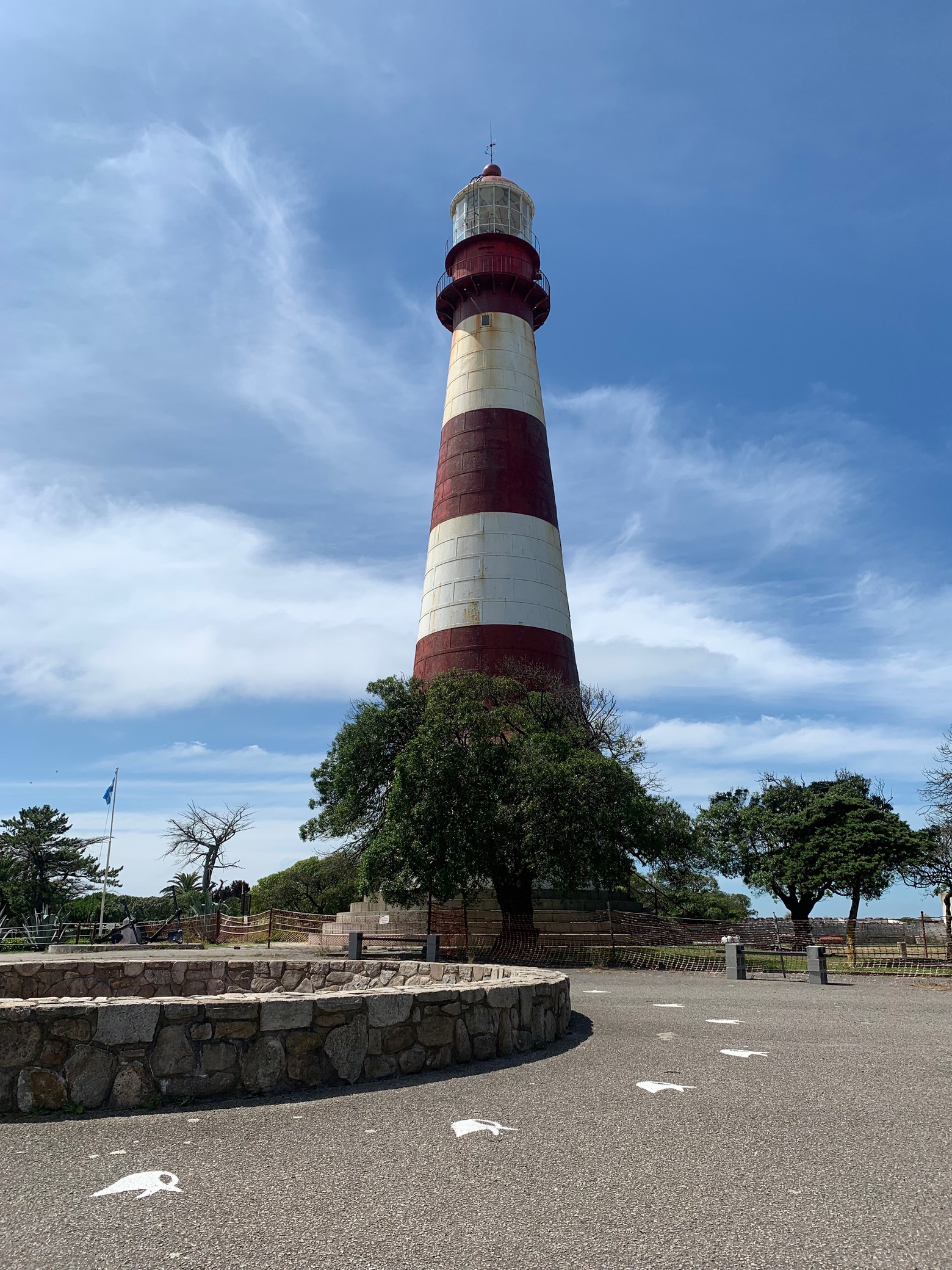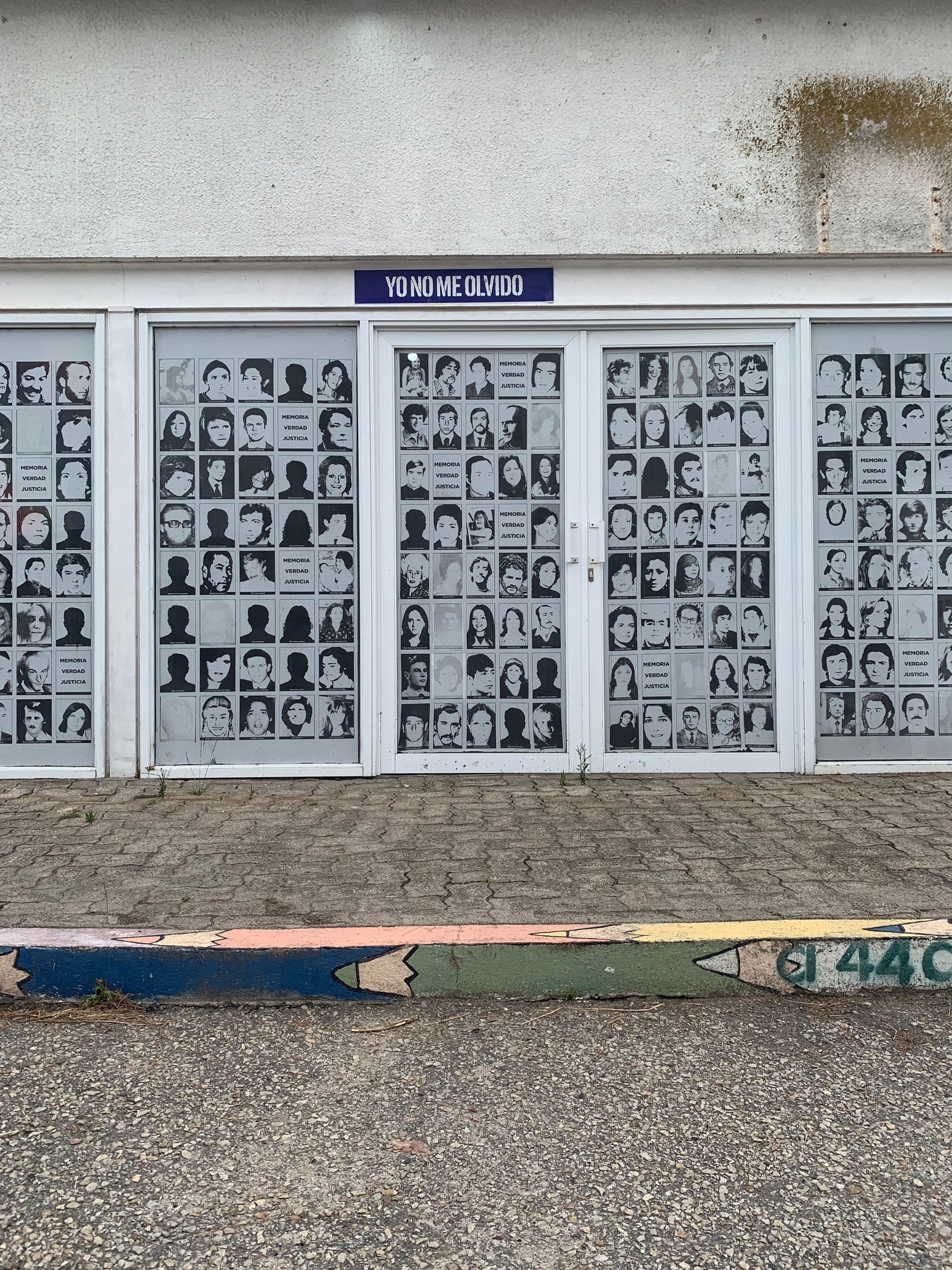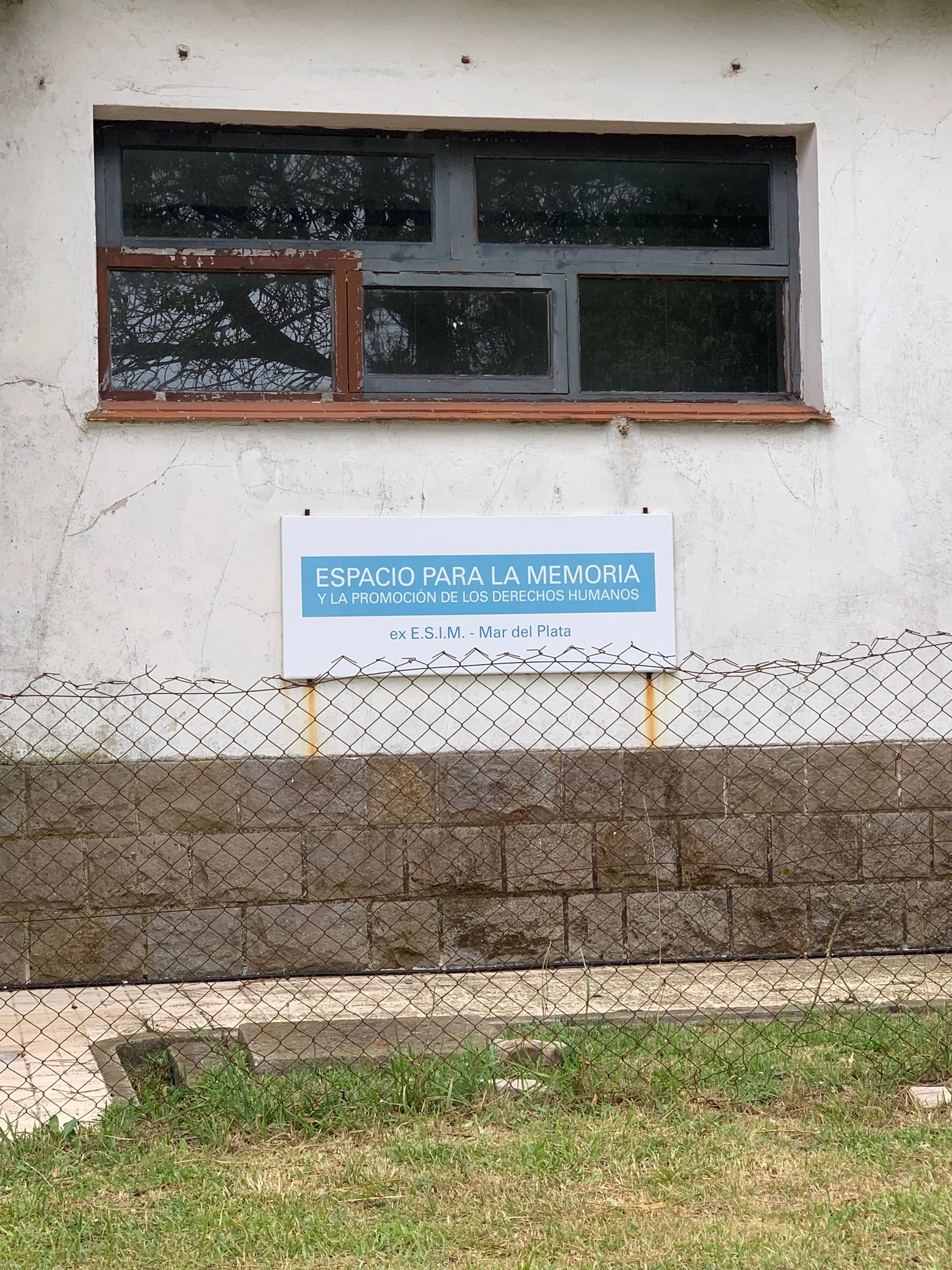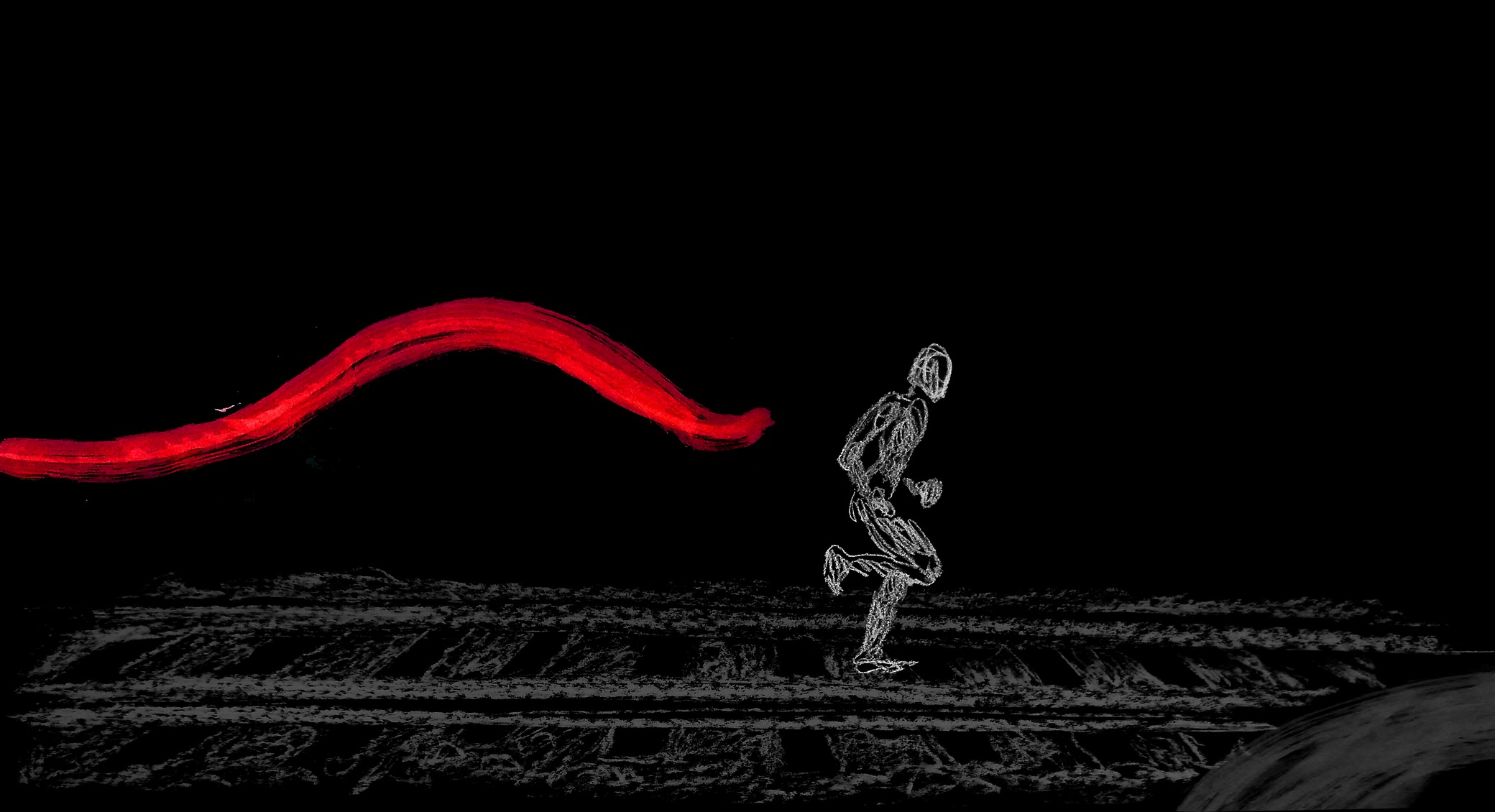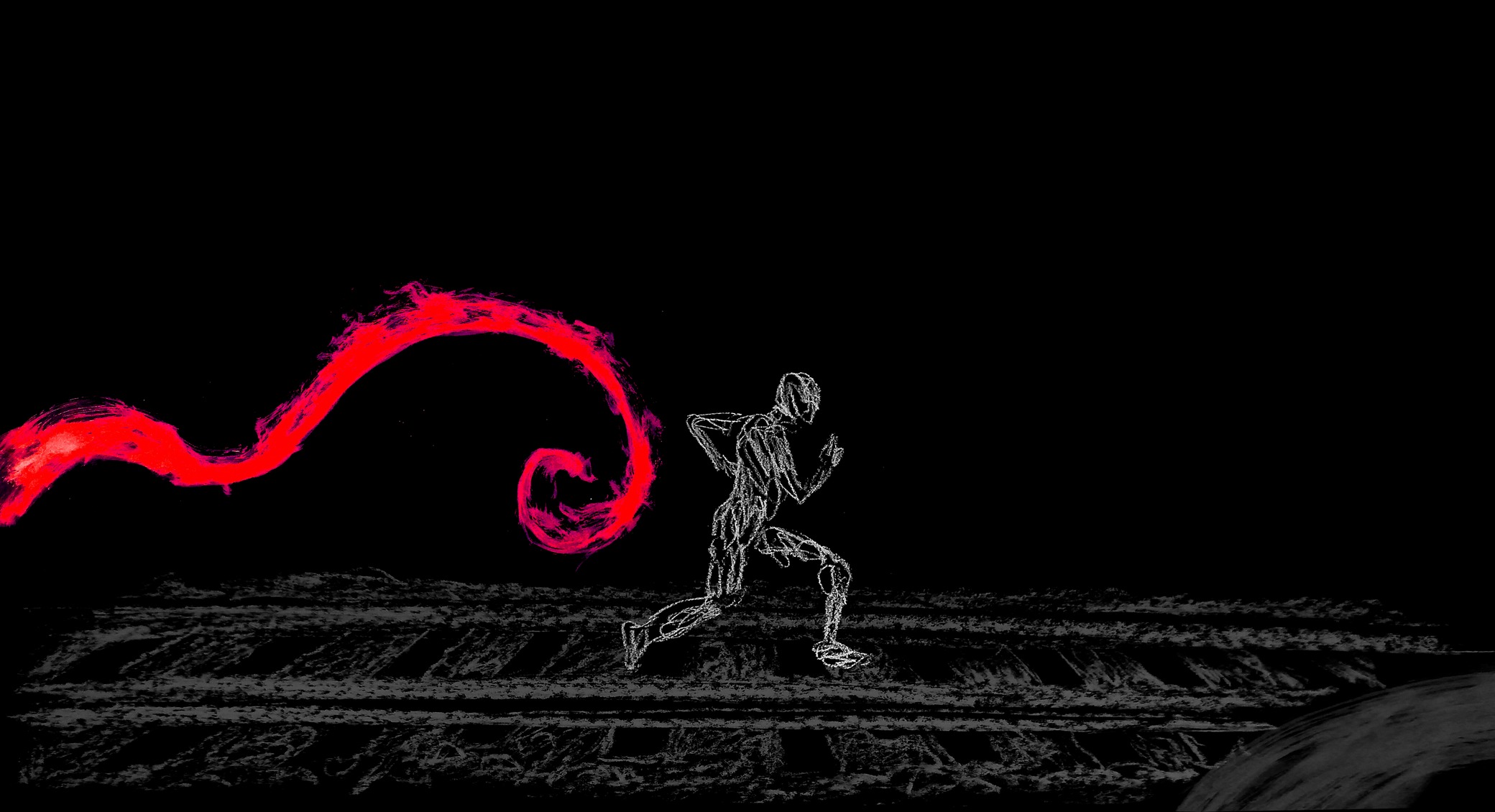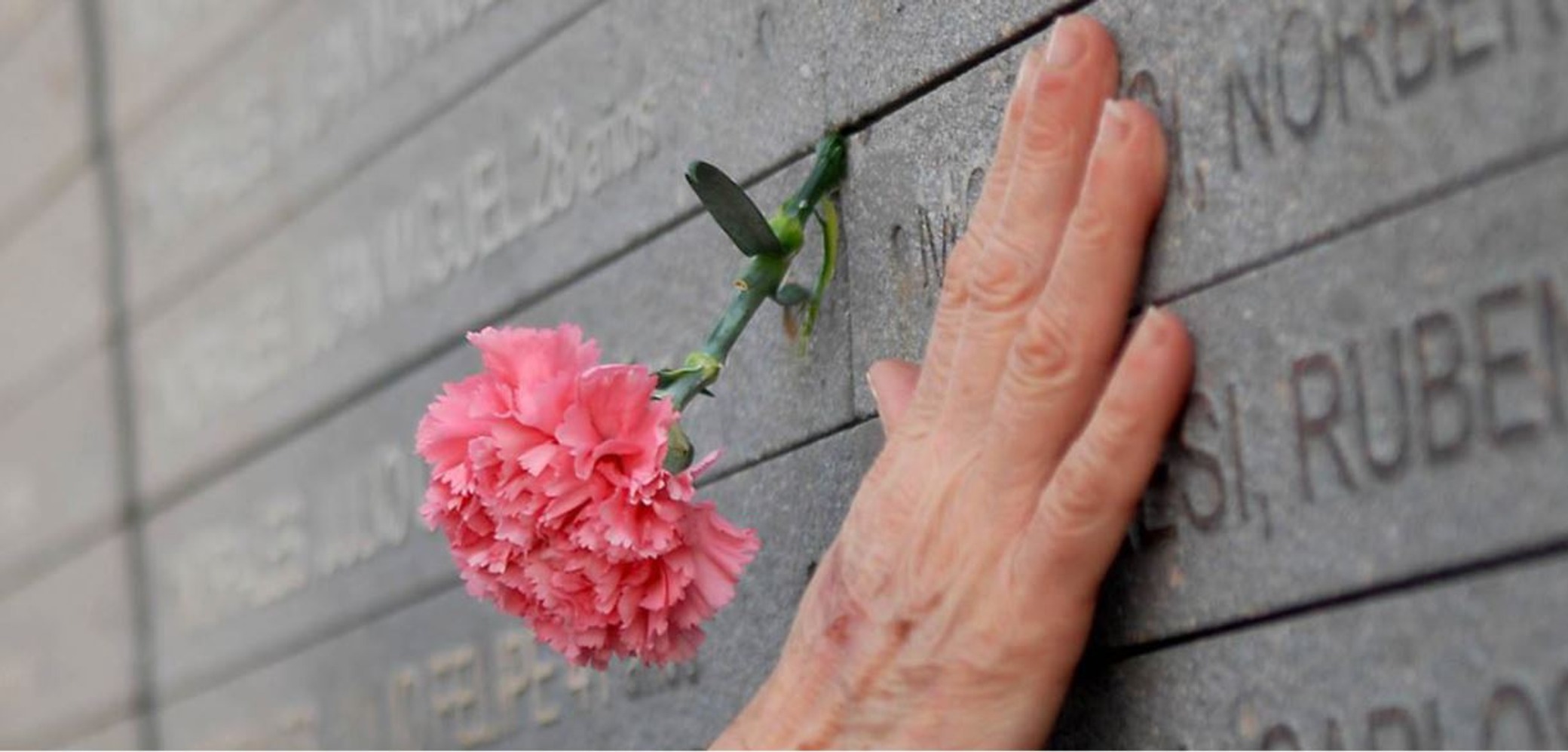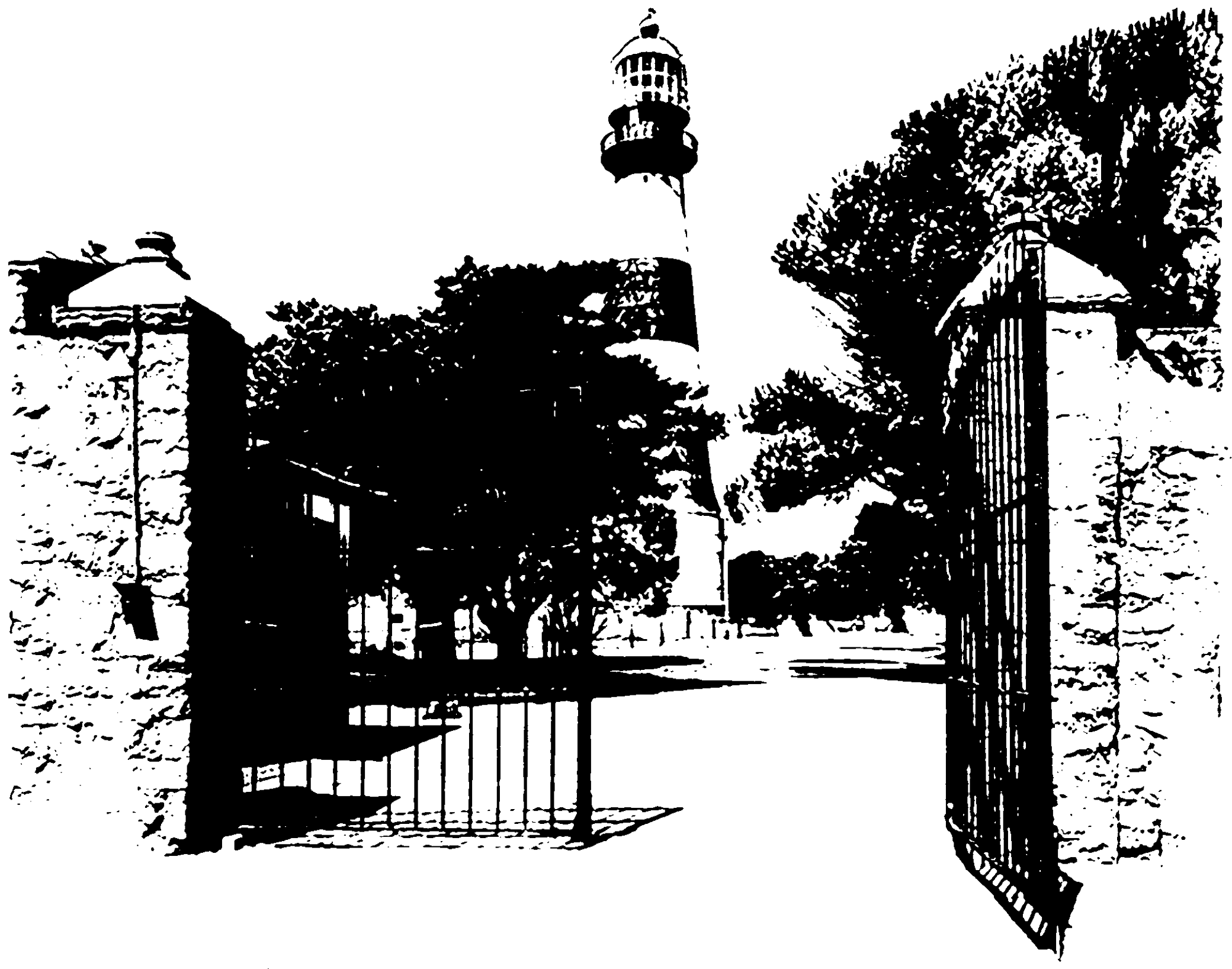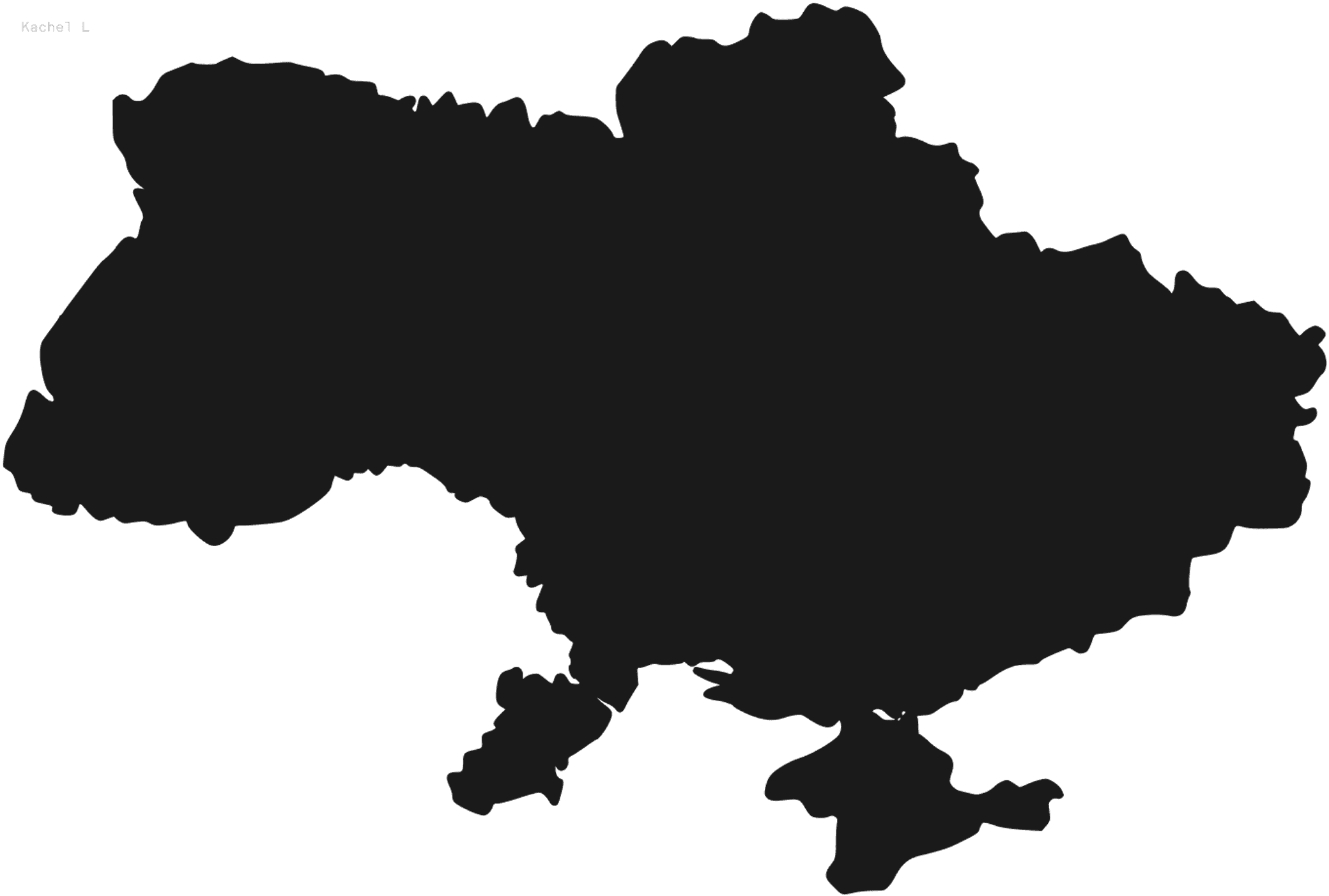In multiple countries, a chilling phenomenon is on the rise, where politicians and the media deny or attempt to justify human rights violations. From downplaying the extent and severity of violence, to outright denial of the existence of dictatorships or systematic repression, such attacks on the past must also be seen as attacks on the present. Beyond justifying government neglect of victims and survivors of past crimes, these tactics aim to shutter current forms of resistance by erasing the histories that gave birth to them.
Crimes against humanity must never go unpunished, regardless of how much time has passed, especially when perpetrators are alive and continue to evade justice. Struggles for truth, memory, and justice are much more than state obligations; they nurture a shared responsibility that functions like a “lighthouse” to guide social movements across longer stretches of time. Efforts to bring dictatorship crimes in Argentina to justice have extended over decades. And the adversities they face are also transnational in nature, as collaborations between right-wing factions in Germany, neoliberal private-interest think tanks, and Argentina’s new authoritarian government continue to make clear. These attempts to extinguish the legacies of resistance in Argentina must also be understood as part of a worldwide attack on the oppositional power of social movements against neoliberal authoritarianism.
Thus, highlighting the lessons learned from the Argentine human rights movement can illuminate a path forward in the fight against the current global right-wing backlash and towards a collective and transnational “Never Again.” Now more than ever, it is critical to hold vanishing histories up to the light – and to support the role of civil society in keeping that light on.
